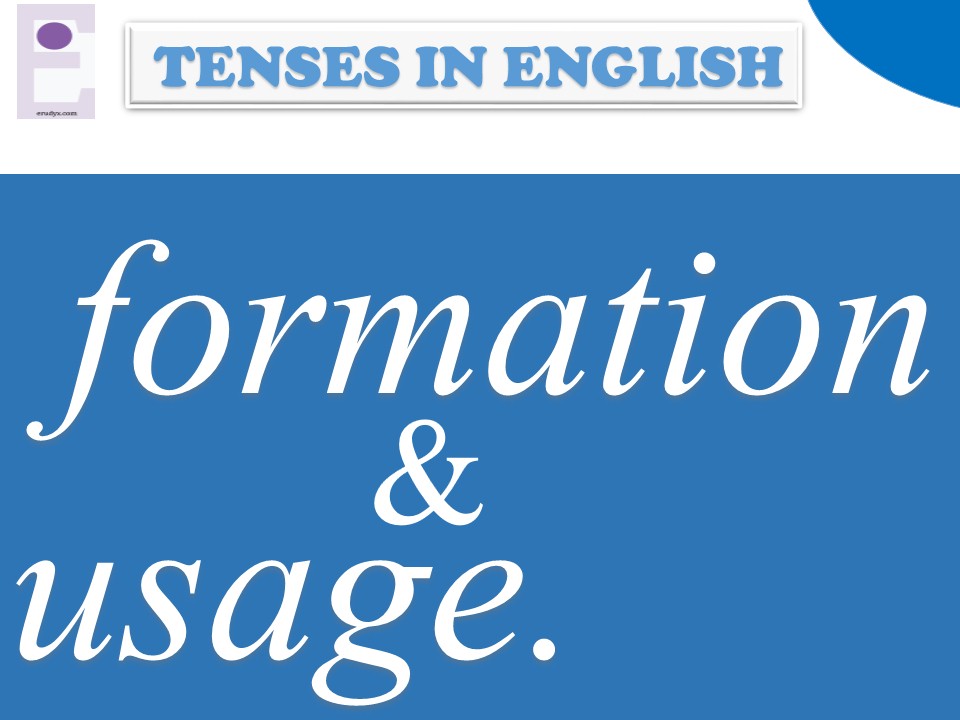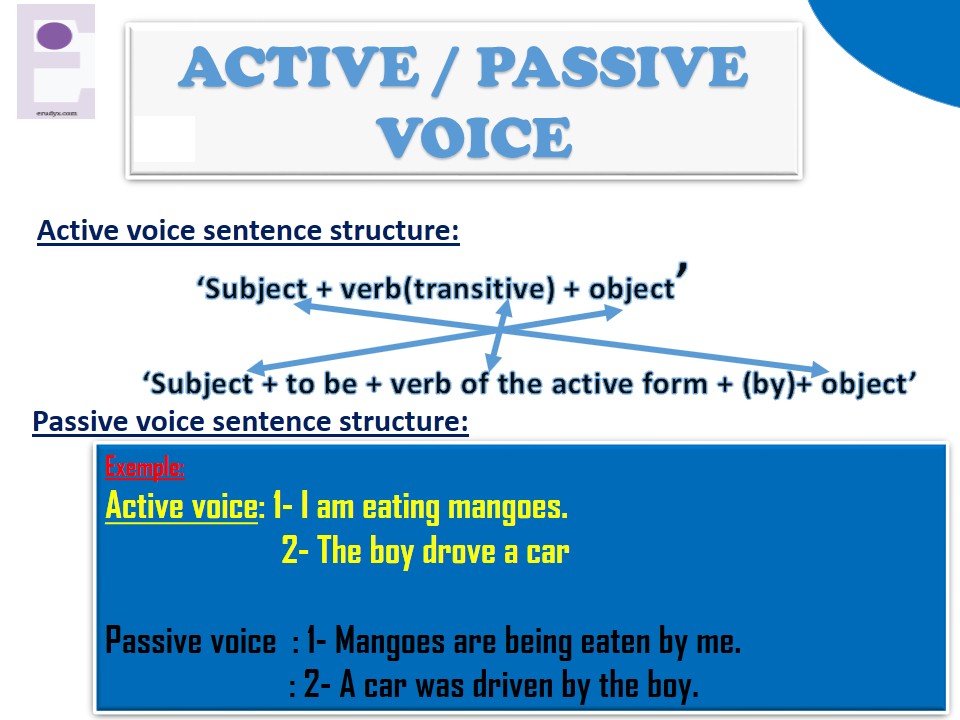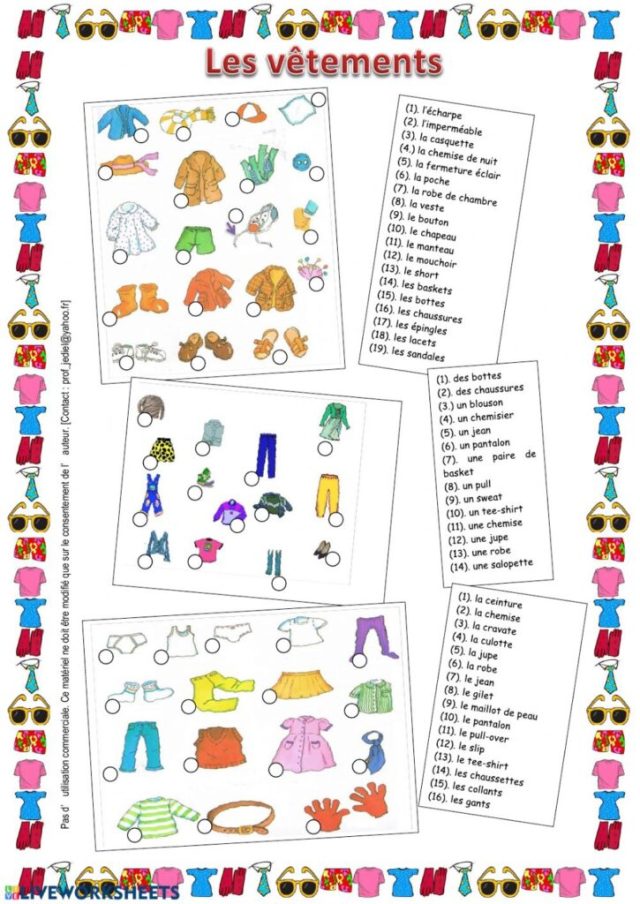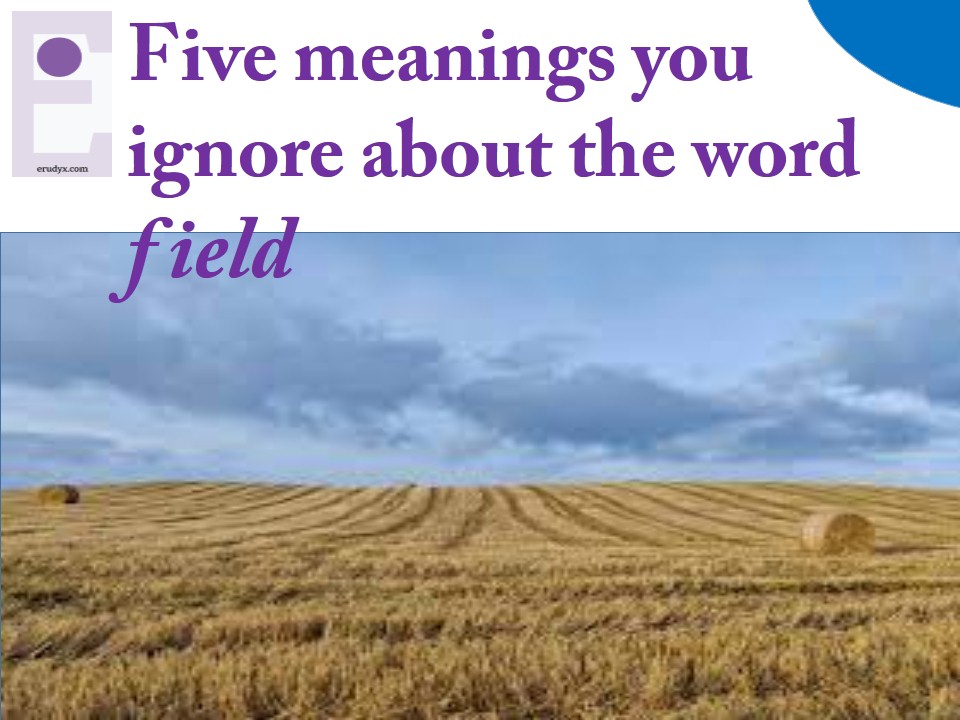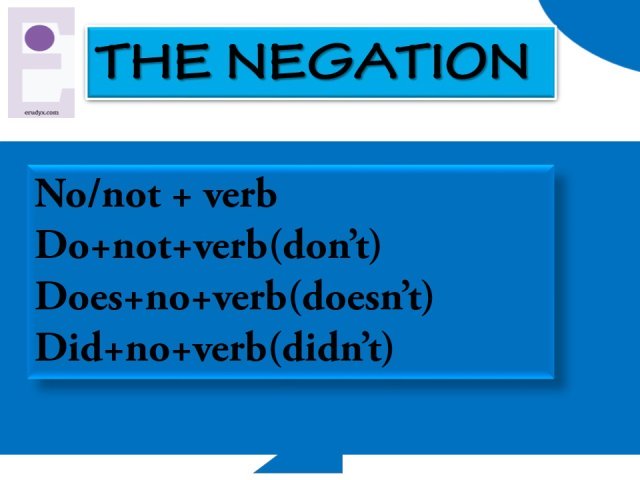Sometimes, We have some difficulties choosing the tense, that can perfectly match with what we want to express. Isn’t it!!?😀😀
We all have this « tic », so, today, we are going to discover English tenses, their formation, and appropriate moments in which we can use them.
Facts in present moments:
We always think of Simple present when referring to things happening in such times, but this is not always true. For meantime events, it is rather good we use the present progressive.
-
The present progressive: to be (in present) + verb in ING form.
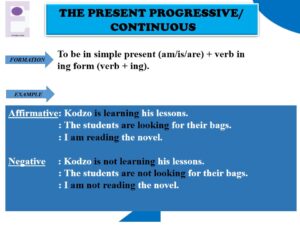
We use present progressive:
- To talk about actions/events in the present or temporary situations...
Eg: You are reading this article. (You are, in fact, reading this article currently, isn’t it?😁😁)
He is learning. (At this time, the person is actually learning.)
- With the adverb always, to talk about something, that often happens, and you find annoying.
Eg: They are always insulting me😠!
You are always coming late😠.
- To talk about something that is not yet finished, even if you’re not doing it at the real moment it is said.
Eg: I am studying Linguistics.
My mother is building a shop.
2. The simple present.
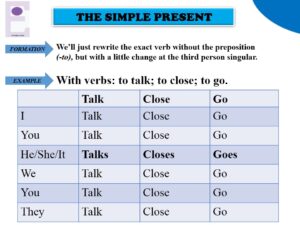
We use the simple present to:
- Talk about a general or certain truth.
Eg: I am a web editor.
Kokoroko is a teacher…
- Talk about things that happen regularly.
Eg: I attend church on Sundays.
The school opens at 8:00.
Notes:
1- We can’t use some verbs like « need, agree, seem… » in progressive tenses; they refer to a state, not an action.
Eg: I need water✅
I’m needing water❌
I want to eat noodles✅
I’m wanting to eat noodles❌.
2- We can use other verbs to refer to an action in both Present Progressive or Simple present depending on the message we want to deliver
Eg: He is tasting the meal.
The meal tastes salty.
What are you thinking about?
Do you think we can stay!?
Can you guess the tenses we are going to review next time?
Source: Oxford Advanced Learners Dictionary, 7th edition.
I hope this helps you a lot. Like👍🏻, comment and share😉.
